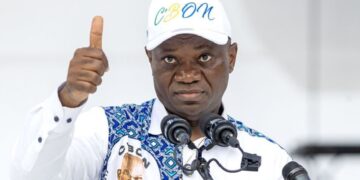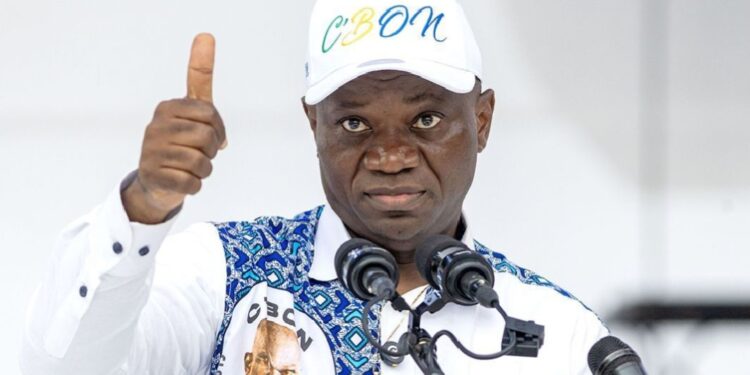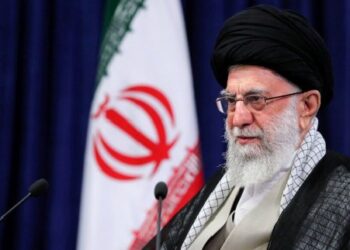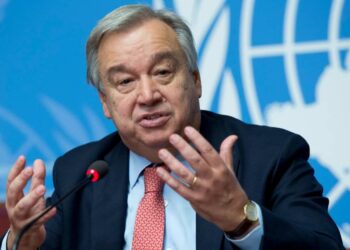By Enyichukwu Enemanna
The African Union (AU) on Wednesday announced the lifting of sanctions imposed on Gabon, following the Central African nation’s successful transition to civilian rule.
Gabon will be welcome “to immediately resume her participation in the activities” of the AU, the organisation said in a statement.
The oil-rich nation was suspended from the African Union after an August 2023 coup that ousted a democratically elected government.
In April, coup leader Brice Oligui Nguema, who had earlier pledged to hand over power to civilians after a two-year transitional period was himself elected president in an election where he secured over 94 percent of the vote.
The AU’s Political Affairs, Peace and Security Department, in a social media post on Wednesday, announced that a meeting of the Peace and Security Council on Gabon’s political transition “reviewed the processes and found them to be generally successful”, referring to the election, which the opposition said lacked transparency.
President Nguema, while welcoming the news in a Facebook post, said he felt “a deep sense of pride”.
“This return is much more than a symbol: it is recognition of our collective commitment to rebuilding our country in peace, order and dignity,” he stated.
Gabon was suspended after Nguema seized power by overthrowing President Ali Bongo, whose family had ruled for 55 years.
Last year, Nguema held talks with Ivory Coast President Alassane Ouattara, seeking support for the lifting of the sanctions.
The country of 2.3 million people has suffered from high unemployment, frequent power and water shortages, and heavy government debt despite its oil wealth.
Under a constitution approved last November, Nguema’s election win grants him a seven-year term, renewable only once.
Though he has promised a break from the Bongo era, when elites were accused of funding lavish lifestyles with Gabon’s oil wealth, Nguema himself has ties to the former government.
He previously served as aide-de-camp to Ali Bongo’s father, Omar Bongo, who was president for more than 40 years until his death in 2009.




































